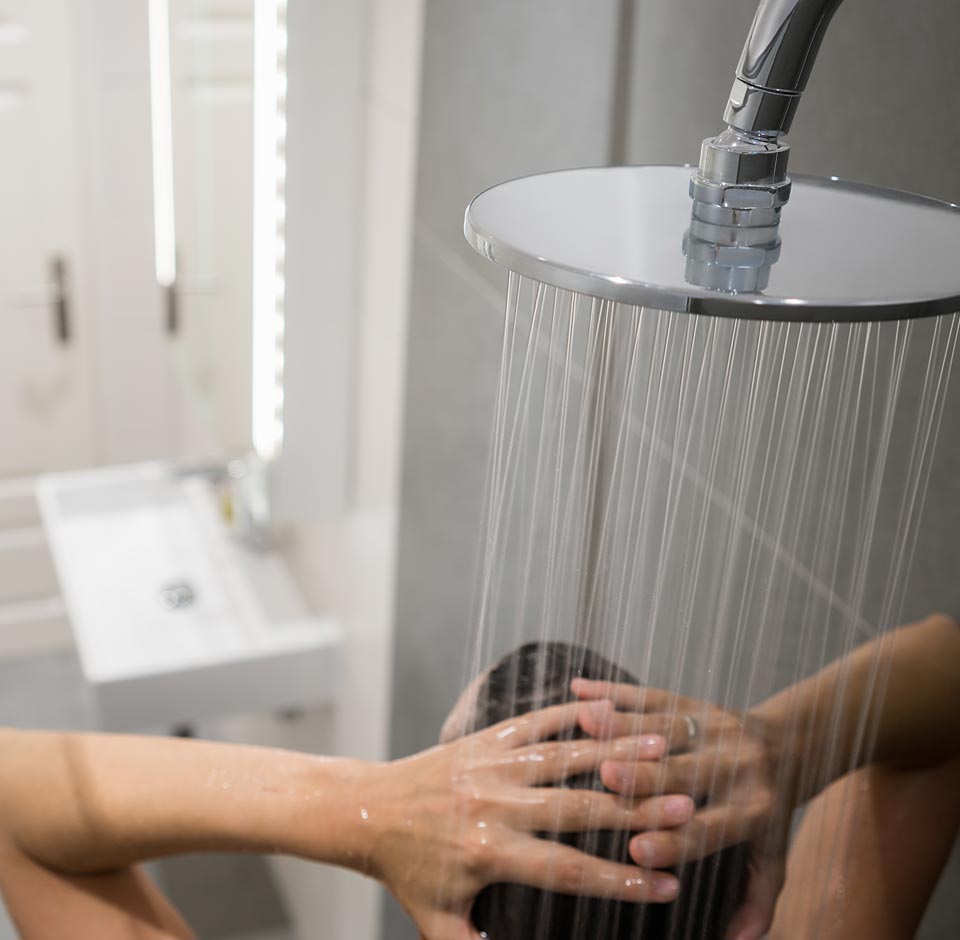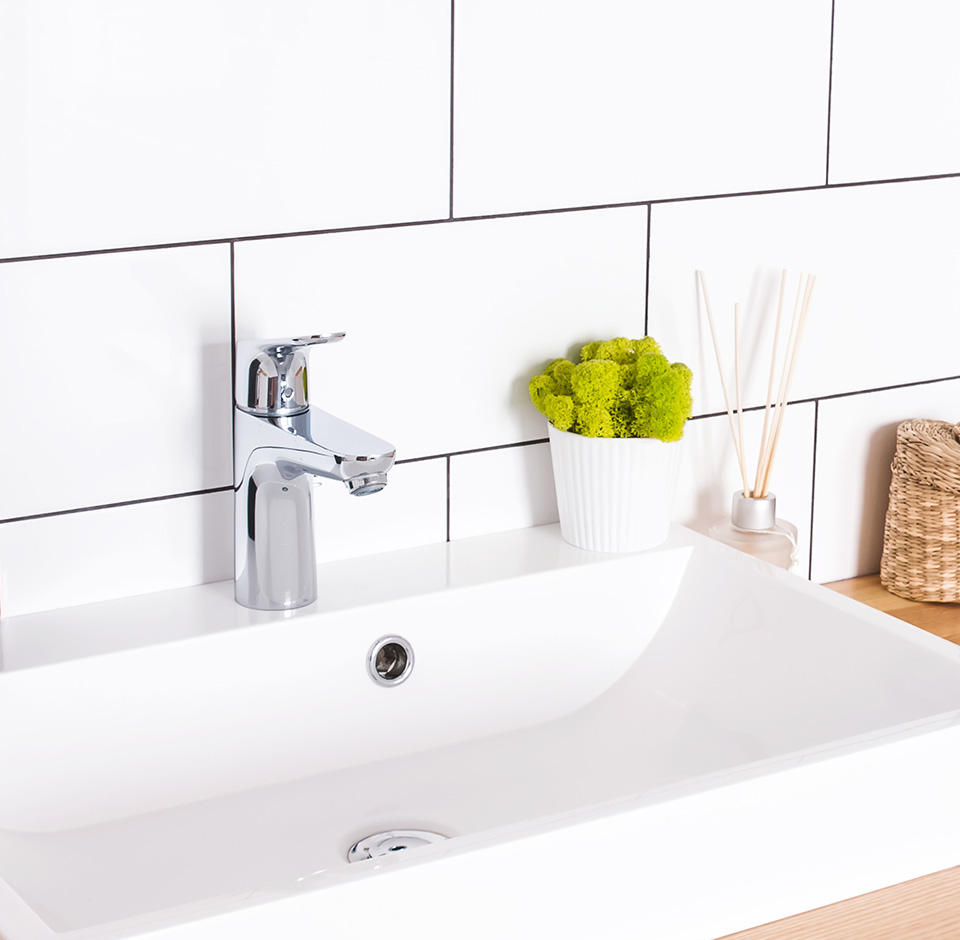Difference between hard and soft water
Our rainwater is naturally soft but as it filters through the ground on its way into the rivers and other water sources it can change, depending on the region it falls on.
Around 60% of the UK has hard or very hard water where the water has accumulated minerals such as calcium, iron, manganese and magnesium. That’s because the bedrock is generally structured from limestone and chalk deposits and these filter into the water.
Many areas have water with over 200mg of calcium per litre. The South East of England has the hardest water in the country, as the region is mainly made up of limestone and chalk.
On the other hand, if rain falls on areas with non-porous bedrock, like granite, the water cannot deeply penetrate the ground and is far less likely to pick up particles or minerals. Wales, Cornwall and most of Scotland have soft water, with sodium the main mineral. In the UK, water is regarded as soft if the hardness is less than 50 mg/l of calcium carbonate.
How hard is my water?
The hardness of water is measured in parts per million (ppm), and generally 1 ppm corresponds to 1 mg/L, assessing the levels of hard particles in a given amount of water.
Soft and hard water ratings have been measured over time and categorised:
- 0 – 50 ppm – soft
- 51 – 100 ppm – moderately soft
- 101 – 150 ppm – slightly hard
- 151 – 200 ppm – moderately hard
- 201 – 275 ppm – hard
- 276 – 350 ppm – very hard
- 350+ ppm – aggressively hard.
It is estimated that around 13 million homes in the UK are in hard water regions – your water company will advise you on the hardness of your supply.
It’s often said that because hard water has the range of essential minerals, it can taste better and it provides health benefits, including protection for your heart and bones – the calcium helps prevent osteoporosis.
But while it might be tasty and beneficial, it’s not so great in other ways. The mineral composition is not so good for your hair and skin as it can deposit a film-like residue which is linked to acne, skin irritation and dryness.
Soft water feels smooth to the touch and is seen to be much better for your hair and skin, with less dryness and skin outbreaks. It’s also kinder to appliances like washing machines, dishwaters and water heaters, and the plumbing. These don’t need to work so hard, which extends their working life.

Limescale problems
Hard water is not a great help with the household chores as it can encourage limescale, meaning Longer cleaning times and poor surface appearance, particularly chrome work. And those of us in hard water areas know to our cost that it effects our appliances, with kettle heating elements encrusted and inefficient, while the shower heads need cleaning often.
In hard water areas it’s definitely worth investing in a quality eco shower head with well-designed nozzles where limescale can be cleaned with a quick wipe of the thumb.
Hard water can also be the culprit for dingy looking clothes, dishes that have spots and residues, and baths with film and soap scum. You can also find that soap is less effective as it reacts with the magnesium and calcium, so lather is not as bubbly and creamy, while hair may feel sticky and appear lifeless.
Far more costly though, is the effect of hard water on our heating and plumbing systems. Hard water limescale can be responsible for:
- Boiler breakdown
- Blocked valves
- Reduced bores in pipe work
- Limescale encrusted heating elements
Trade association British Water advises that for every 1.6mm of scale built up in a heating system, there is a 12% loss in heating efficiency and Carbon Trust studies show that a 1mm layer of limescale in a boiler means a 7% more energy is used than a scale-free boiler. This could cost the average household an extra £200 a year in energy costs.
In the average household around 6mm of limescale will build up over 4 years in the heating the plumbing system and can lead to a reduction in your home’s energy efficiency of up to 40%. An average household of 4 can generate up to 70kg of limescale in just one year while up to 30lbs of limescale can build up inside electric water heaters.
Tackling the issues around hard water would not only cut household bills but also reduce carbon emissions. A recent study suggests that converting all UK homes to soft water could save up to 8.2m tonnes of CO2 every year, equivalent to taking 1.8 million cars off the road or planting 136 million trees.
